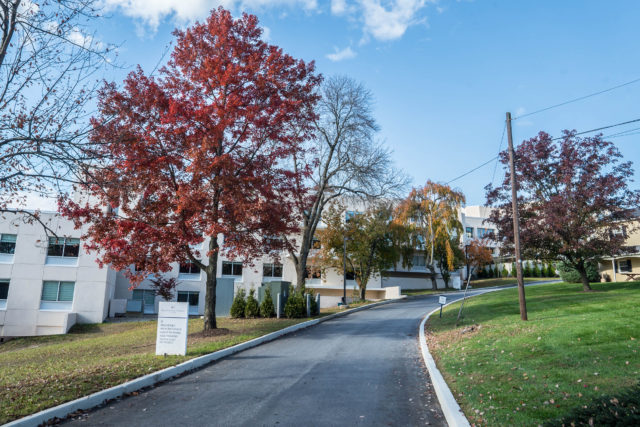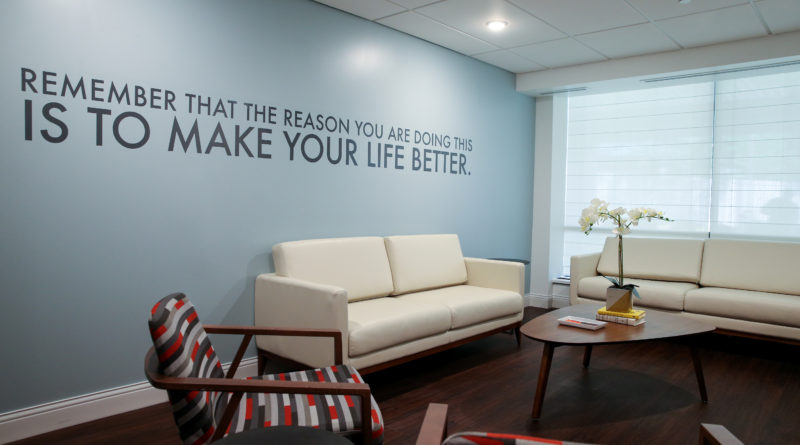Are You Helping or Hurting? Signs You are Enabling Your Loved One’s Addiction
When someone you care about is suffering from substance abuse disorder (SUD), your instinct may be to do whatever you can do to help them. You don’t want your loved one to hurt. However, even with the best of intentions, you can do more harm than good if the help you offer is actually enabling behavior.
Enabling behavior can be easily confused with being supportive, and the difference can be difficult to detect. When you enable, your sentiments are in the right place, believing in your heart that you’re helping your loved one who has an alcohol or drug addiction. But in reality, you are unintentionally causing harm and perpetuating the addiction.
Identifying whether you are stuck in a codependent enabling pattern is critical for the safety and welfare of everyone involved. This article defines codependency and enabling, outlines tell-tale signs of an unhealthy pattern, and provides guidance on how to break the cycle.
Defining Codependency and Enabling
Codependency is typically defined as an excessive emotional or psychological reliance on a partner, often a person who requires extra support on account of an illness, such as addiction. Instead of helping a person that needs assistance, a codependent person will allow the illness to continue so that they feel that they themselves are needed as a rescuer. Codependent family members often have problems setting boundaries and asserting their own needs because of underlying issues of low self-esteem, poor emotional control, and self-blame.
Frequently, codependents will act as enablers, making excuses for their addicted loved ones or stepping in to soften or eliminate consequences of poor decisions. Enabling the behaviors of someone with a SUD blocks out the reality of their disease and allows them to continue down a destructive path. The enabler doesn’t realize they are doing harm, but instead thinks their actions are helping by avoiding negative consequences. This can quickly become unhealthy. Supporting someone with a SUD by turning a blind eye never ends well and only allows the disease of addiction to progress and continue.
Signs You Are Enabling Your Loved One’s Addiction
How do you know if you are an enabler involved in a codependent relationship with someone who has a substance abuse disorder? You may be if you:
- Hide the truth from others or make excuses for someone with a SUD when their addiction causes problems
- Put your loved one’s needs and/or addiction ahead of your own needs
- Give them money or support their SUD financially
- Help them get out of trouble instead of letting them learn from the consequences of their actions
- Deny there is anything wrong or that the person has a SUD
- Believe the problem is not so bad and that the person with the SUD can overcome it on their own
- Blame yourself for your loved one’s problems
- Compromise your values and integrity, or put aside your own interests, to avoid rejection
If you identify with one or more of these bullet points, you may be hurting your loved one rather than helping. When someone is always around to fix what is wrong, a person with a SUD can stay in denial about the extent of their problem. When they are permitted to be irresponsible, self-destructive, and mistreating of others without any consequences, they will have no incentive to seek help or treatment. Remember, SUDs are chronic and progressive—if you allow someone with a SUD to go unchecked, the problem will continue.
How to Stop the Cycle of Enabling Addiction
If you have been enabling a loved one, the best gift you can give them is to break the cycle and stop contributing to the continuation of their addiction. Where do you start? The first step is to recognize your behavior—admit you are in a codependent relationship and enabling someone with a serious addiction problem.
Next, you will need to make some changes. Continuing to enable will do no good for you or for them. The best way to assist someone with a SUD is to let them face the reality of their situation. Set up healthy boundaries and stop allowing the unhealthy behavior to continue. Examples of healthy boundaries include saying no to giving them money and other financial support (e.g., paying rent, bail, attorney fees, etc.) and setting clear rules around if and how they can contact you. This will likely be difficult, and you may have to seek counseling and support.
Additionally, stop trying to help your loved one on your own. Rather, point them in the direction of seeking treatment from trained professionals. Recovery Centers of America at Devon offers many paths to treatment and recovery including:
- Medically-monitored detox
- Inpatient rehab
- Outpatient treatment
- Telehealth treatment
- Medication assisted treatment
- Substance abuse treatment programs
Do not get discouraged if your loved one is resistant to treatment. Sometimes, interventions are needed to open the doors to addiction treatment and recovery. A trained RCA Devon professional can help you determine which approach to treatment is right for your loved one. You don’t (and shouldn’t) have to figure this out on your own. At RCA Devon, we’re standing by 24/7/365 to help people with substance abuse disorders, and we will go the extra mile to get your loved one the care they need. Call us today to start the conversation at 855-752-4084.
Don’t Forget to Help Yourself Too
Addiction and recovery don’t stop with the person who has a SUD. Addiction is a family disease, and the whole family needs to recover. Families can benefit from group counseling, family therapy, and educational seminars designed to help the family heal together. To support families through addiction recovery, RCA Devon offers Family Programming.

To help you start your journey, here are some free resources from RCA Devon:
Seeds to Recovery educates families on the root causes of addiction and how to support a family member on the road to recovery. Through education, families connect in a positive way and develop healthy communication and coping strategies. Seeds to Recovery gives you a chance to learn more about yourself and your family dynamics as you navigate your way through your loved one’s addiction. Register here.
Weekly Live Webinars to educate loved ones on topics that address the needs of family members impacted by addiction and help them understand what it means to be in recovery. Participants are given the opportunity to anonymously ask questions about the topics being presented. Register here under Webinars.
Weekly Family Support Meetings are held every Sunday from 12:30-1:30PM on Zoom, where families can share and learn from each other as they navigate through the recovery process. Log on through Zoom here or visit our family page under Weekly Family Support Meetings for additional information.
Not only is our team at RCA Devon ready to help your loved one, we look forward to helping you and your family, too.




